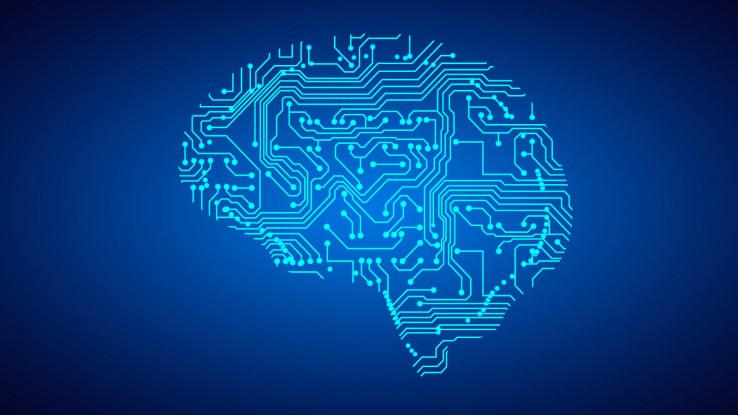
Today we will touch an interesting topic of machine learning of natural languages. Nowadays very large investments are made in this region and many different tasks are being solved. This topic attracts the attention not only of industry but also of the scientific community.
Can the machine think?
Researchers correlate the analysis of natural languages with the fundamental question: can a machine think? The famous philosopher Rene Descartes gave an unambiguously negative answer. Not surprising, given the level of development of technology of the XVII century. Descartes believed that the machine does not know how and will never learn to think. The machine will never be able to communicate with a person through natural speech. Even if we explain to it how to use and pronounce words, it will still be memorized phrases, standard answers - the machine does not go beyond them.
Turing test
Since then, many years have passed, the technology has changed quite a lot, and in the twentieth century this issue again became relevant. The well-known scientist Alan Turing in 1950 doubted that the machine can not think, and for testing offered his famous test.
The idea of the test, according to legend, is based on the game that was practiced at student parties. Two people from the company - a guy and a girl - went to different rooms, and the remaining people communicated with them with the help of notes. The task of the players was to guess with whom they are dealing: with a man or with a woman. And the guy with the girl pretended to each other to mislead the other players. Turing made a fairly simple modification. He replaced one of the hidden players with a computer and invited the participants to recognize with whom they interact: with a person or with a machine.
The Turing test was invented more than half a century ago. Programmers have repeatedly stated that their offspring passed the test. Every time there were controversial demands and questions, is it really so. The official reliable version, whether someone coped with the main test of Turing is no. Some of its variations have actually been successfully passed.